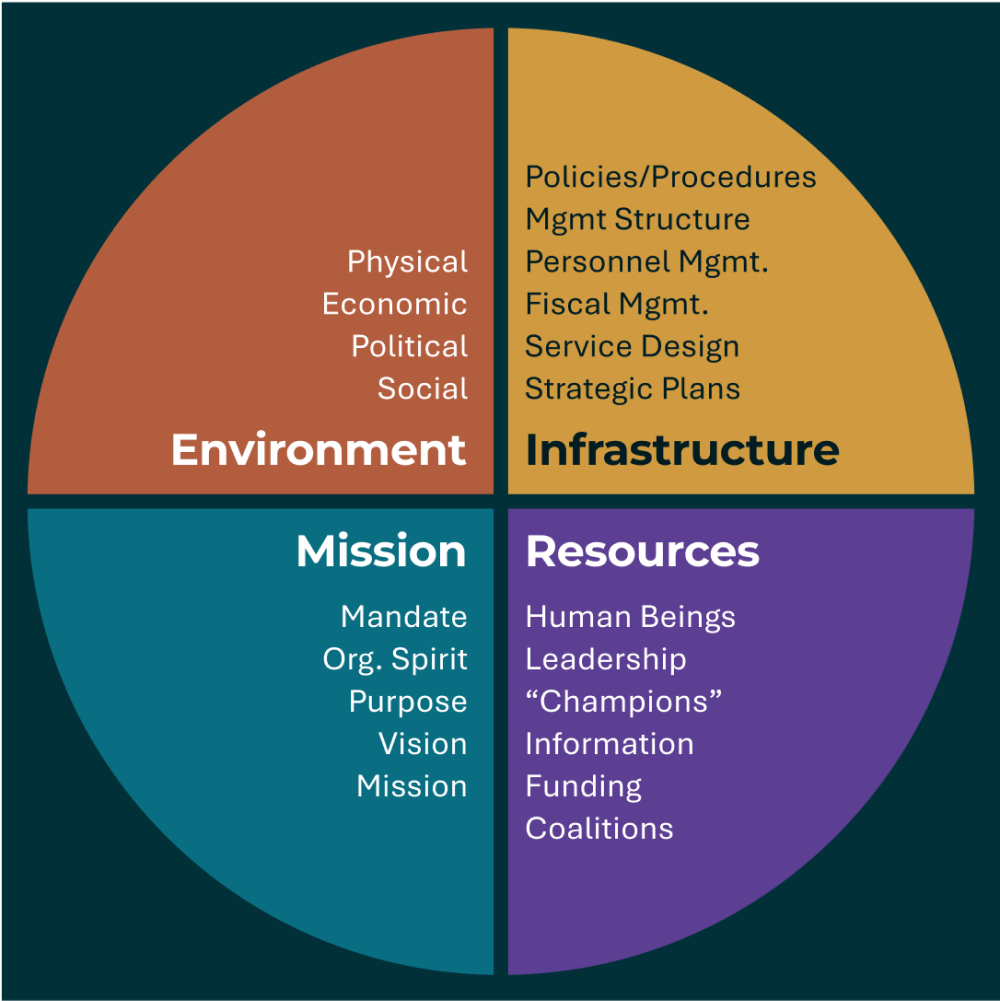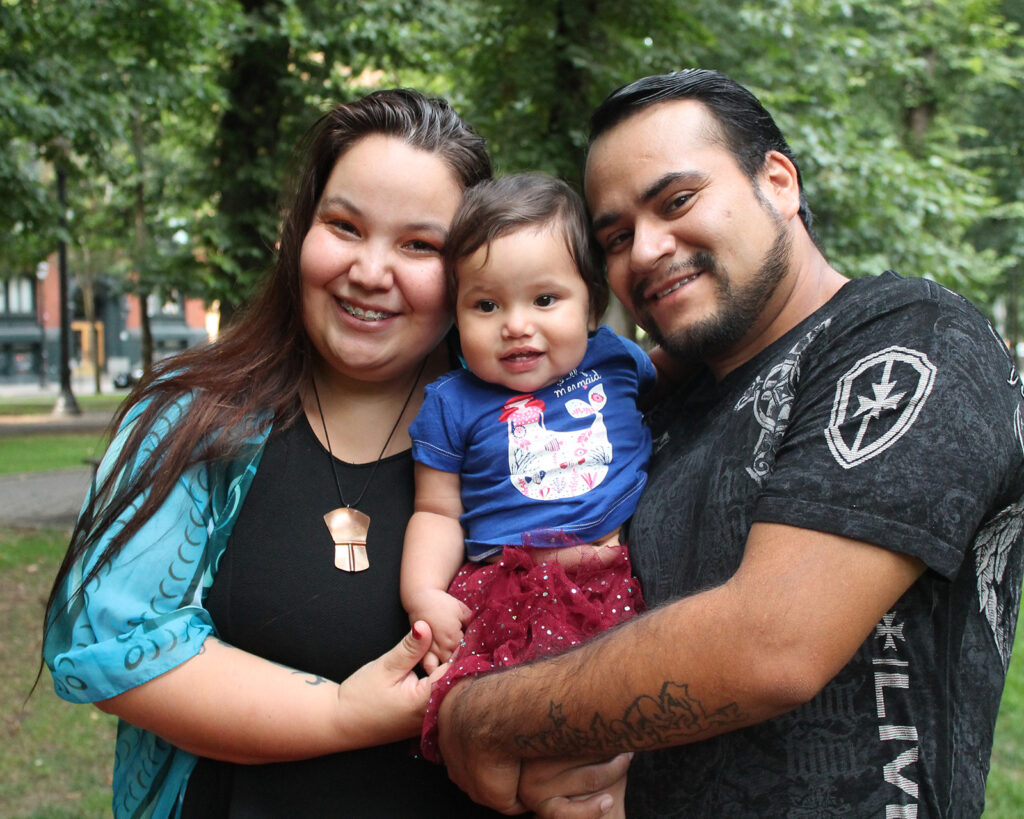Our Work

Our work aims to ensure child welfare policies account for community strengths and culturally responsive services. We are committed to strengthening ICWA protections, promoting natural nurturing networks, and supporting the vital role tribal communities play in protecting Native children.
Our approach integrates advocacy, education, policy, and community development, empowering us to respond to both immediate and evolving needs while building a vibrant future where each generation nurtures the next.
NICWA'S Approach
Strengthening Federal, State, and Tribal Policy
NICWA supports tribal nations, states, child welfare workers, federal policymakers, and community members in their efforts to develop and strengthen Native child welfare policy, including ICWA.
Raising Awareness and Advocacy
NICWA uses its platforms and partnerships to advocate for Native children, families, and tribal communities.
Educating with Information and Resources
NICWA provides comprehensive, timely, and high-quality information to Native families and youth and those who serve them–through reports and research and in partnership with other experts.
Promoting Culturally Grounded and Native-Led Approaches
NICWA strengthens tribal-led and community-led Native child welfare practices, including providing training and facilitating healthy relationships between tribal and non-tribal governments.
Learning Together
NICWA creates space for learning, expertise sharing, and development among the diverse audiences who shape Native child welfare.


